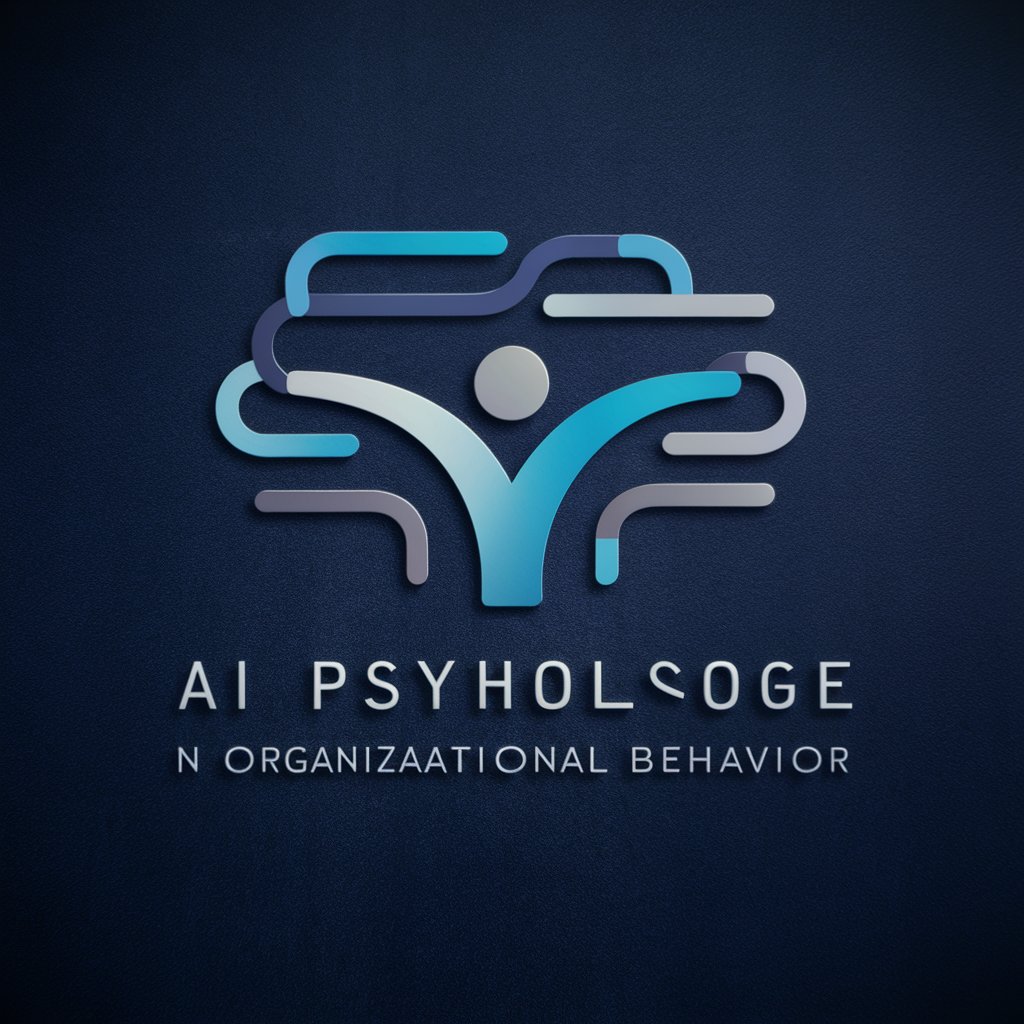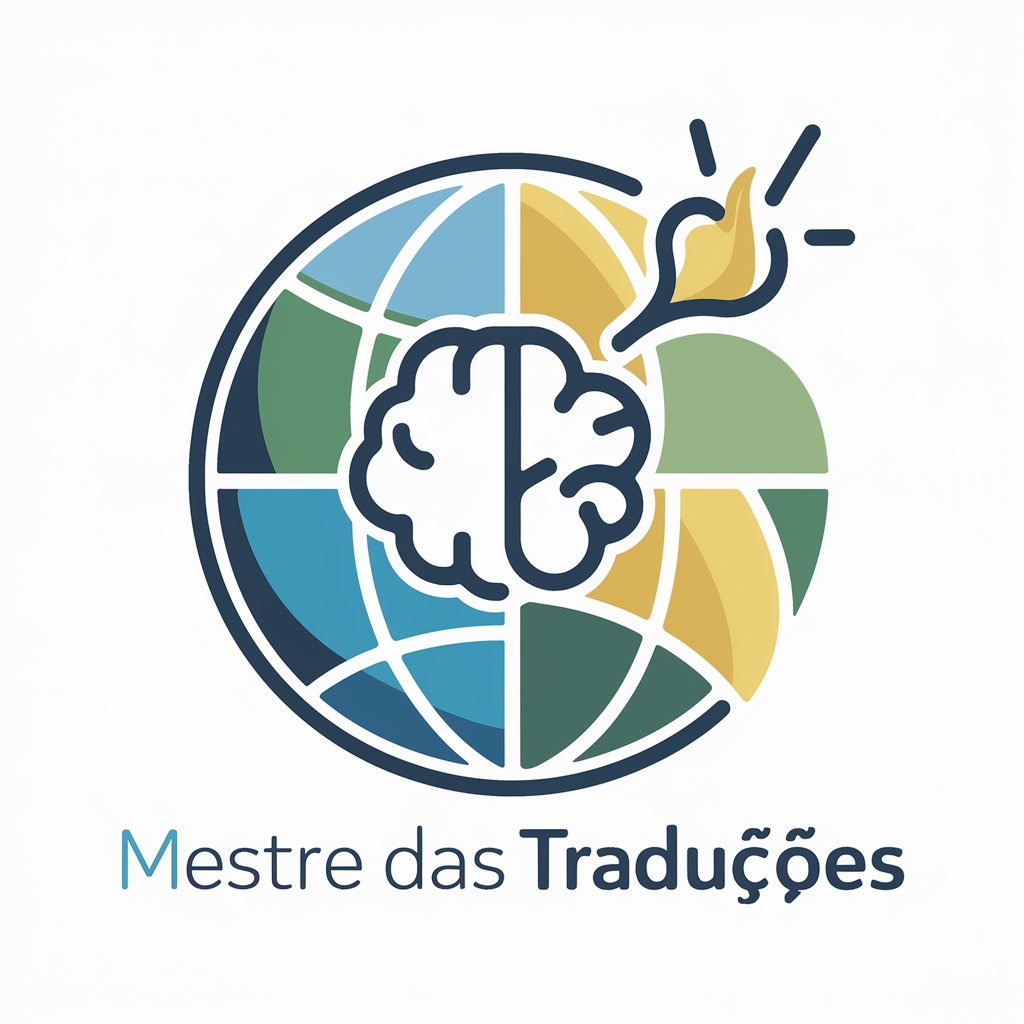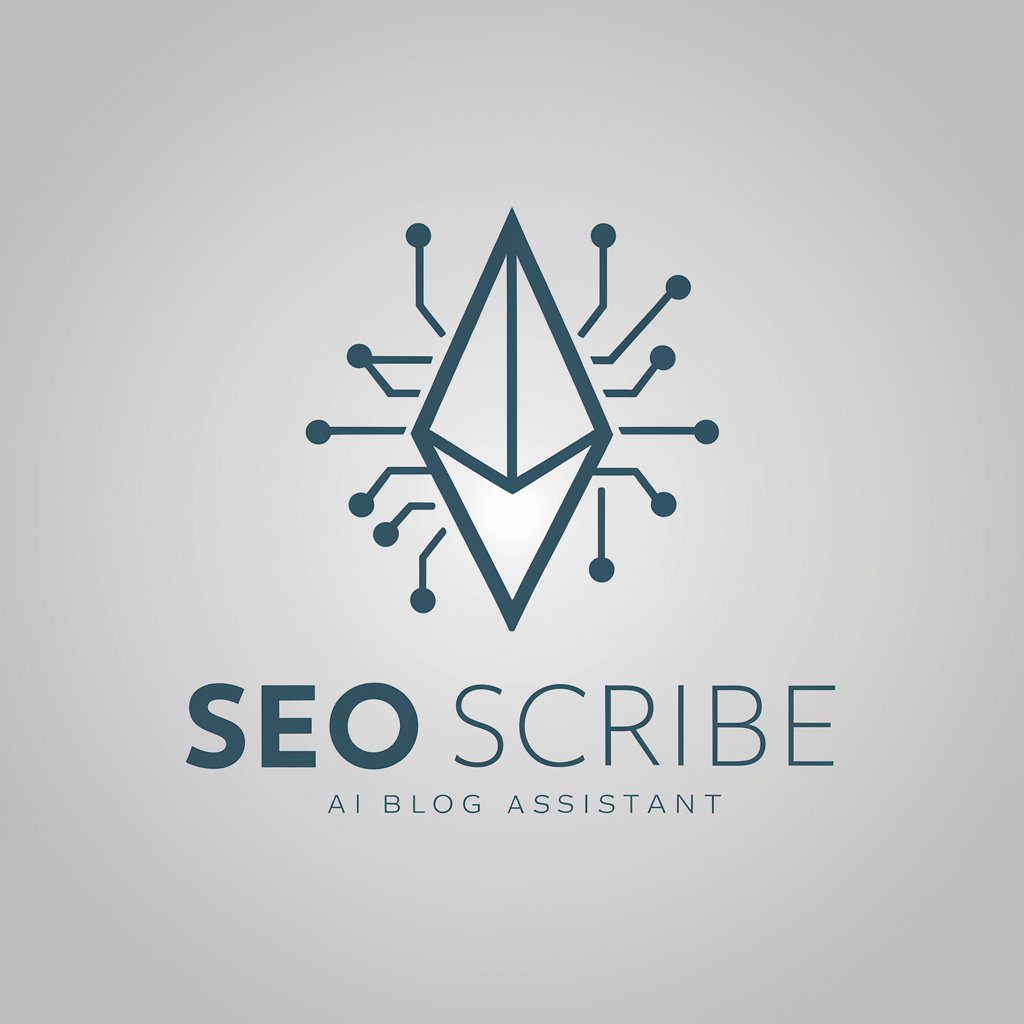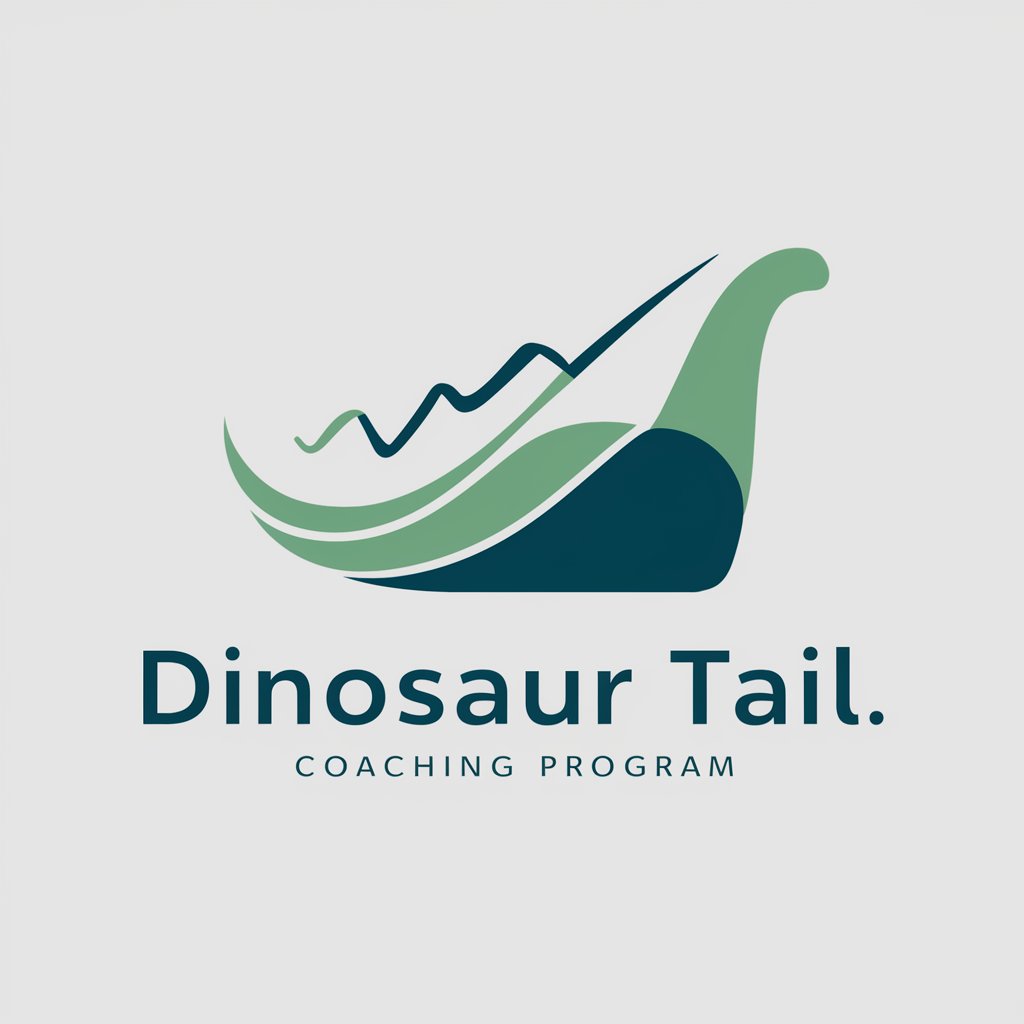Organizational Behavior - Insights on Organizational Dynamics

Welcome! How can I assist with your organizational behavior needs today?
Unlocking Team Potential with AI
Explain the impact of leadership styles on employee motivation.
Describe the role of organizational culture in employee satisfaction.
Discuss strategies for effective conflict resolution in the workplace.
Analyze how team dynamics influence project outcomes.
Get Embed Code
Introduction to Organizational Behavior
Organizational Behavior (OB) is a multidisciplinary field that investigates the impact of individuals, groups, and structures on behavior within organizations, aiming to improve organizational effectiveness and employee well-being. It integrates knowledge from psychology, sociology, anthropology, and management to understand how people behave in organizational settings. For example, OB explores how leadership styles affect team motivation or how organizational culture influences employee satisfaction. A scenario illustrating OB's application could be a company facing high employee turnover. An OB approach would involve assessing the organization's culture, leadership practices, and communication patterns to identify underlying issues and recommend changes to improve employee retention and satisfaction. Powered by ChatGPT-4o。

Main Functions of Organizational Behavior
Improving Job Performance
Example
Use of motivational theories to design reward systems
Scenario
A tech firm observes a decline in developer productivity. An OB specialist might analyze job satisfaction and motivation levels, then apply theories such as Maslow's hierarchy of needs or Herzberg's two-factor theory to redesign the reward system, boosting motivation and performance.
Enhancing Leadership and Management
Example
Development of leadership training programs
Scenario
A retail chain experiences issues with store management effectiveness. By applying OB principles, leadership training programs focusing on emotional intelligence and transformational leadership can be developed to enhance managers' skills, leading to improved team dynamics and store performance.
Fostering Organizational Change
Example
Implementation of change management strategies
Scenario
A manufacturing company needs to implement a new technology system. OB can be used to develop a change management plan that addresses employee resistance, facilitates communication, and ensures a smooth transition by applying Kurt Lewin's change management model or the ADKAR model.
Promoting Employee Well-being
Example
Design of work-life balance initiatives
Scenario
An insurance company struggles with high stress levels among employees. OB principles guide the creation of work-life balance initiatives, such as flexible working hours and stress management workshops, leading to improved employee well-being and reduced turnover.
Ideal Users of Organizational Behavior Services
Human Resource Professionals
HR professionals can use OB insights to improve recruitment, selection, training, and development processes, aligning them with organizational goals and enhancing employee satisfaction and performance.
Managers and Leaders
Managers and leaders across all levels can apply OB concepts to enhance their leadership effectiveness, team dynamics, and conflict resolution skills, fostering a positive organizational culture and driving performance.
Organizational Development Consultants
These consultants specialize in using OB to diagnose organizational problems and design interventions to improve efficiency, communication, and employee engagement, making them key users of OB insights and methodologies.
Employees Seeking Career Development
Individual employees interested in personal growth and career advancement can benefit from OB by understanding and leveraging organizational dynamics and politics, improving their interpersonal skills and strategic thinking.

How to Use Organizational Behavior
Start Your Journey
Initiate your exploration of organizational behavior by visiting a platform offering access to specialized AI tools without the necessity of a login or subscription, such as yeschat.ai, providing a seamless entry point for newcomers.
Identify Your Needs
Reflect on the specific challenges or questions you have regarding organizational behavior within your team or company. This could range from improving communication to enhancing leadership skills or understanding team dynamics.
Engage with the Tool
Utilize the tool by entering your questions or scenarios related to organizational behavior. The AI will provide insights, suggestions, and analyses based on current psychological and organizational theories.
Apply Insights
Implement the advice or insights provided by the tool in your organizational context. This might involve initiating changes in management practices, adopting new communication strategies, or altering team structures.
Evaluate and Iterate
Monitor the outcomes of the changes made and evaluate their impact on your organization's behavior and performance. Use this feedback to refine your approach and further utilize the tool for continuous improvement.
Try other advanced and practical GPTs
Mestre das Traduções
Transcending Languages, Powering Stories

Sinus
Empowering sinus health with AI

Agente T-600
Strategic insights from a Terminator perspective

SEO Scribe
Empower Your Content with AI

ParafraseAcadêmico
Elevate Your Academic Writing with AI

Mothership Architect
Craft your fleet with AI precision.

Vino Innovator
Elevating Red Wine with AI-Powered Marketing

Dinosaur Tail Assistant
Empower Your Coaching with AI

PromoWriter
Elevate Your Promotions with AI Creativity

Content Funnel Wizard
Empowering Content Creation with AI

IA Business News
Empowering Businesses with AI-driven Insights

Venture Capitalist
Empowering your venture decisions with AI

Frequently Asked Questions about Organizational Behavior
What is Organizational Behavior and how can it help my team?
Organizational Behavior (OB) is a field of study that investigates the impact that individuals, groups, and structure have on behavior within organizations for the purpose of applying such knowledge toward improving an organization's effectiveness. It can help your team by providing insights into how to improve job satisfaction, enhance job performance, encourage leadership, and manage conflict effectively.
Can Organizational Behavior tools predict team performance?
Yes, tools based on Organizational Behavior principles can analyze patterns within team interactions, leadership styles, and organizational culture to predict team performance. They use data and psychological insights to forecast outcomes and suggest interventions for improvement.
How does culture affect Organizational Behavior?
Culture shapes the values, expectations, and behaviors within an organization. It influences how employees interact with each other and with management, affects motivation and job satisfaction, and determines the effectiveness of communication and leadership styles. Understanding cultural dynamics is crucial for implementing successful organizational changes and interventions.
What role does leadership play in Organizational Behavior?
Leadership plays a pivotal role in shaping organizational culture, influencing employee motivation, and guiding the organization through change. Effective leaders use their understanding of Organizational Behavior to develop leadership styles that inspire trust, promote innovation, and enhance team performance.
How can I use Organizational Behavior to manage change within my organization?
Managing change involves understanding the human aspect of change management, including resistance to change, communication strategies, and leadership approaches. By applying Organizational Behavior principles, you can develop strategies that address these aspects, facilitating smoother transitions and ensuring that change initiatives are more likely to succeed.
